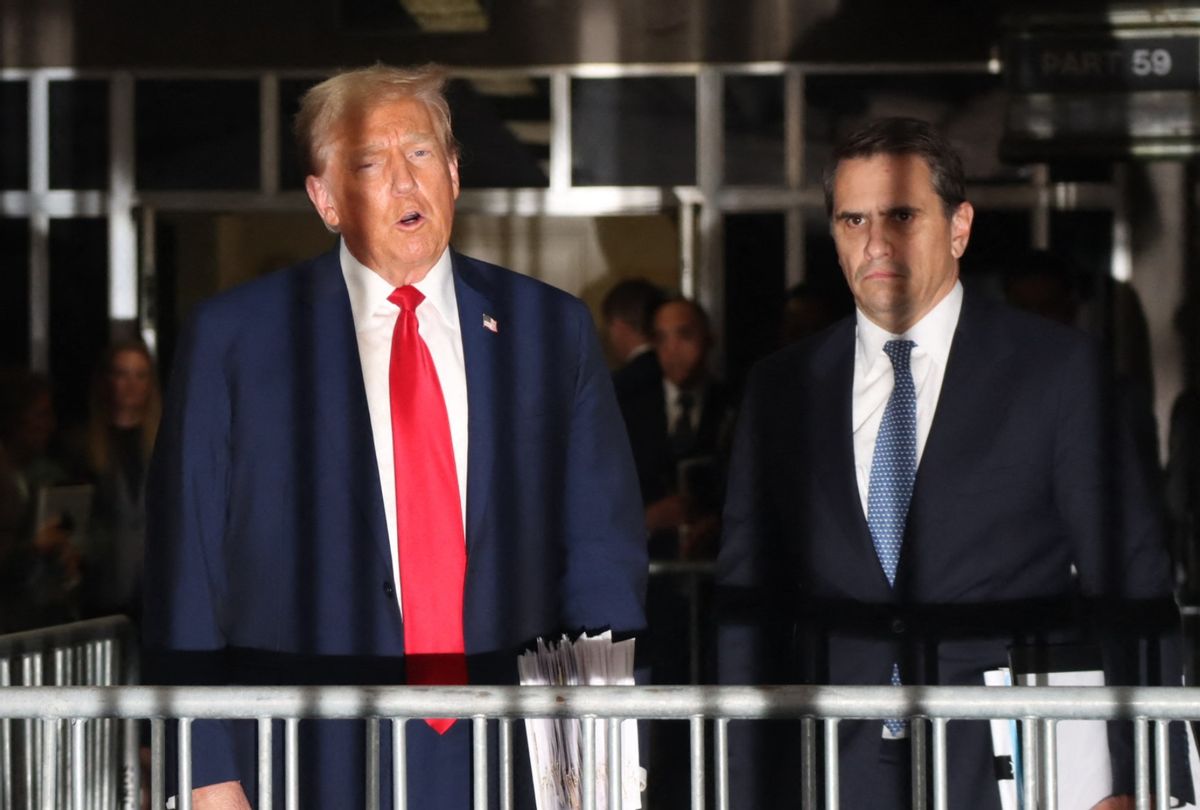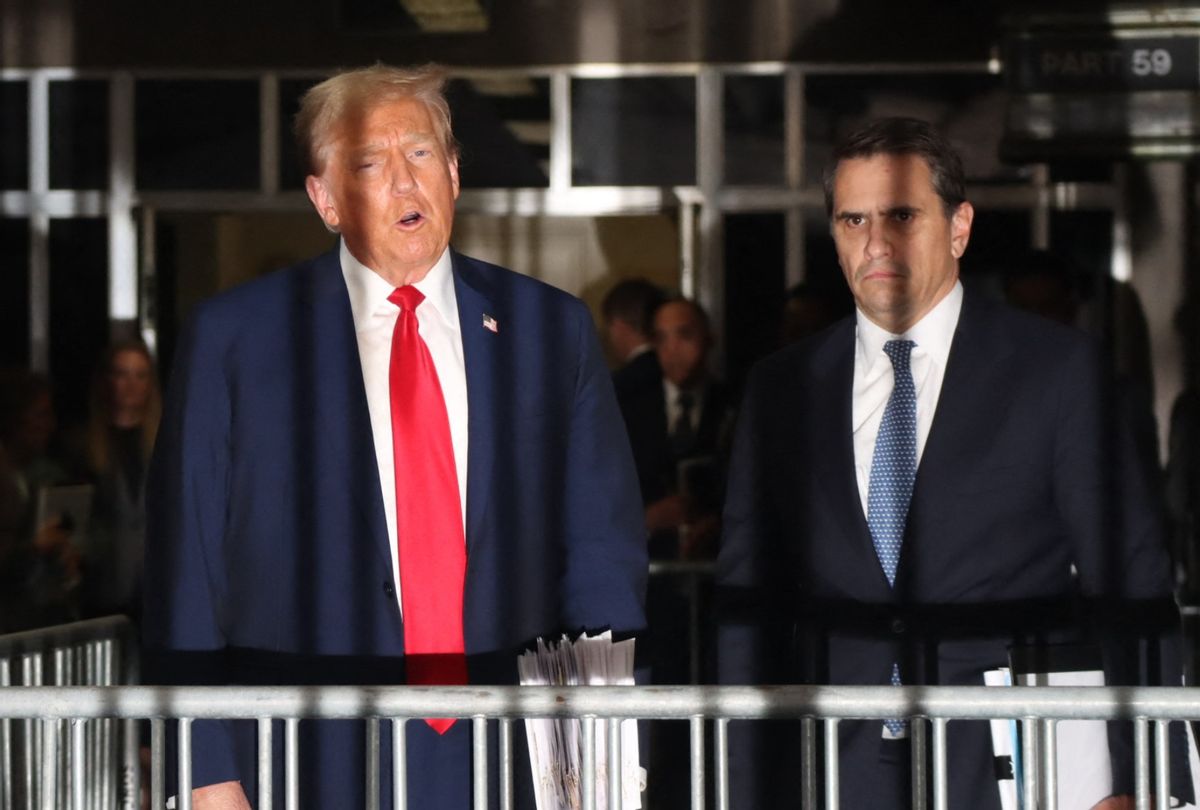
Political Turmoil in South Korea: President Yoon’s Martial Law Saga
In a dramatic turn of events, South Korean President Yoon Suk Yeol recently issued a brief declaration of martial law, a move that led to widespread condemnation from opposition lawmakers and sparked intense political debates across the nation. Described by analysts as a significant political blunder, this decision appears to be a misguided effort on Yoon’s part to reassert his authority amid a backdrop of mounting challenges.
Immediate Backlash from Lawmakers
Following the declaration, opposition parties swiftly initiated impeachment proceedings against Yoon. To successfully impeach the president, they would need a two-thirds majority in South Korea’s 300-seat National Assembly, followed by the approval of at least six out of the nine justices on the constitutional court. The impeachment motion was submitted by the liberal Democratic Party in coalition with five smaller opposition factions and could be put to a vote as early as Friday.
Sung-Yoon Lee, a global fellow at the Wilson Center in Washington, D.C., provided insight into Yoon’s motivations. In an interview with Fox News Digital, Lee stated, “Yoon was likely trying, even desperately, to reassert himself and send a message that he’s in charge and there would be consequences for those trying to obstruct his reform agenda. However, this move was a blunder — potentially a legal violation and definitely a political misstep.”
Historical Context of Martial Law in South Korea
Yoon’s declaration of martial law, albeit lasting only six hours, invoked memories of South Korea’s authoritarian past, a time when such measures were not uncommon for suppressing dissent. Historically, during military-backed regimes, martial law allowed for the deployment of troops and armored vehicles to quell anti-government protests. Since the nation transitioned to democracy in the late 1980s, such authoritarian measures have been relegated to the annals of its troubled history.
The announcement of martial law stirred significant public alarm; however, thankfully, no major violence was reported during this tumultuous period. In a dramatic show of unity, lawmakers unanimously rejected Yoon’s declaration with a 190-0 vote, leading to its immediate rescindment.
The President’s Justifications
In a speech defending his controversial decision, Yoon accused opposition parties of harboring sympathies toward North Korea, indicating a desire to root out what he termed “anti-state” elements. Such rhetoric, however, has raised alarms among political analysts. They caution that North Korea could use this moment to exacerbate tensions and advance its own agenda.
“I’m certain the North Korean leadership is seizing this moment,” Lee warned. “It is highly unusual for North Korea to not capitalize on such sensational crises in South Korea. Expect provocative statements and actions as they blame Yoon for their aggression while framing the domestic backlash against him as a result of his hostility toward Pyongyang.”
Potential Consequences of Impeachment
If Yoon faces impeachment successfully, his responsibilities would shift to Prime Minister Han Duck-soo, who is the second-highest-ranking official in the government. Yet this transition would not be simple; impeachment would necessitate that all six remaining justices of South Korea’s constitutional court favor removal, presenting a dilemma given that four of the sitting justices were appointed by Yoon himself.
Lee further analyzed the impeachment situation, stating, “It remains uncertain whether the constitutional court would actually approve impeachment and remove President Yoon from office, but it’s a possibility.” This uncertainty adds another layer of complexity as South Korea navigates this political standoff.
A Nation on Edge
Currently, South Korea finds itself in a state of heightened political tension, with the populace grappling with the implications of Yoon’s controversial decision. As the impeachment motion prepares to take center stage in the National Assembly, the potential for political upheaval looms large.
The unfolding developments not only question Yoon’s authority but also spotlight the vulnerabilities within the South Korean political landscape. With public trust hanging in the balance, the actions of both the ruling party and opposition will undoubtedly shape the future of governance in the nation.
As South Korea watches and waits, the next few days could prove pivotal for President Yoon and his administration. Whether he can regain control of the narrative or find himself further entrenched in controversy remains to be seen, leaving the country at a crossroads in its democratic journey.
The Associated Press contributed to this report.


















